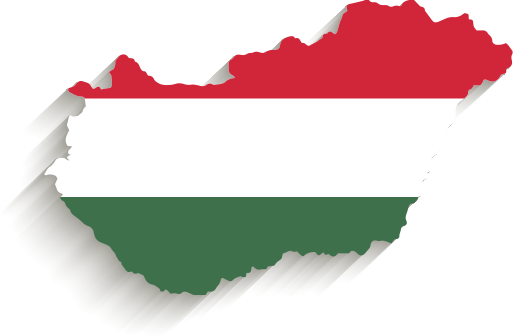(Grant Agreement n. 669194)
(Budapest, 4/9/1918 - Budapest, 23/10/2009)
Head - Foreign Currency Department of the Hungarian National Bank (1963-1968)Vice-president - Hungarian National Bank (1968-1980)
First Vice-president - Hungarian National Bank (1980-1988)

He was the key figure representative of the national bank towards the West, the Eastern banker and businessman who all along remained Communist. He acquired several loans to Hungary to develop the national economy, but publicly never supported a rapprochement with the EEC.
|
As a conservative Communist politician actively supported the censorship in the Public Relations Office. As a minister he intended to avoid any risky action in foreign policy. |
|
Since his vice presidency he was the permanent representative of Hungary in the CMEA, he supervised the talks with the EEC and managed an active economic policy with the Western countries. He did not support to conclude a general trade agreeme... |
|
As a worker origin trade apparatchik he always followed the official political line, as a foreign trade minister he carefuly supported the New Economic Mechanism, but also served after the fall of the reform. |
|
He had a crucial role in the launching the economic reform from the mid-sixties. As a Prime Minister he urged and supported the deeper cooperation of the CMEA countries and the economic opening towards the West. |
|
He, as foreign trade minister, had several meetings with EEC representatives. However, he insisted on concluding an agreement with the EEC solely in accordance with the GATT regulation. |
|
Since the late 1960s he urged informal Hungary–EEC bilateral talks and to analyse more intensively the Western integration. |
|
Remarks to the Committee for International Economic Relations on the Foreign Trade Ministry’s proposal
MNL OL XXIX-L-1-e 492. d. | 411/1978, DI 24/PP/Kné
The CMEA was not capable of managing inter-bloc talks, therefore Hungary itself should initiate bilateral negotiations with the Common Market to avoid sizeable losses in trade. - Available here. |
